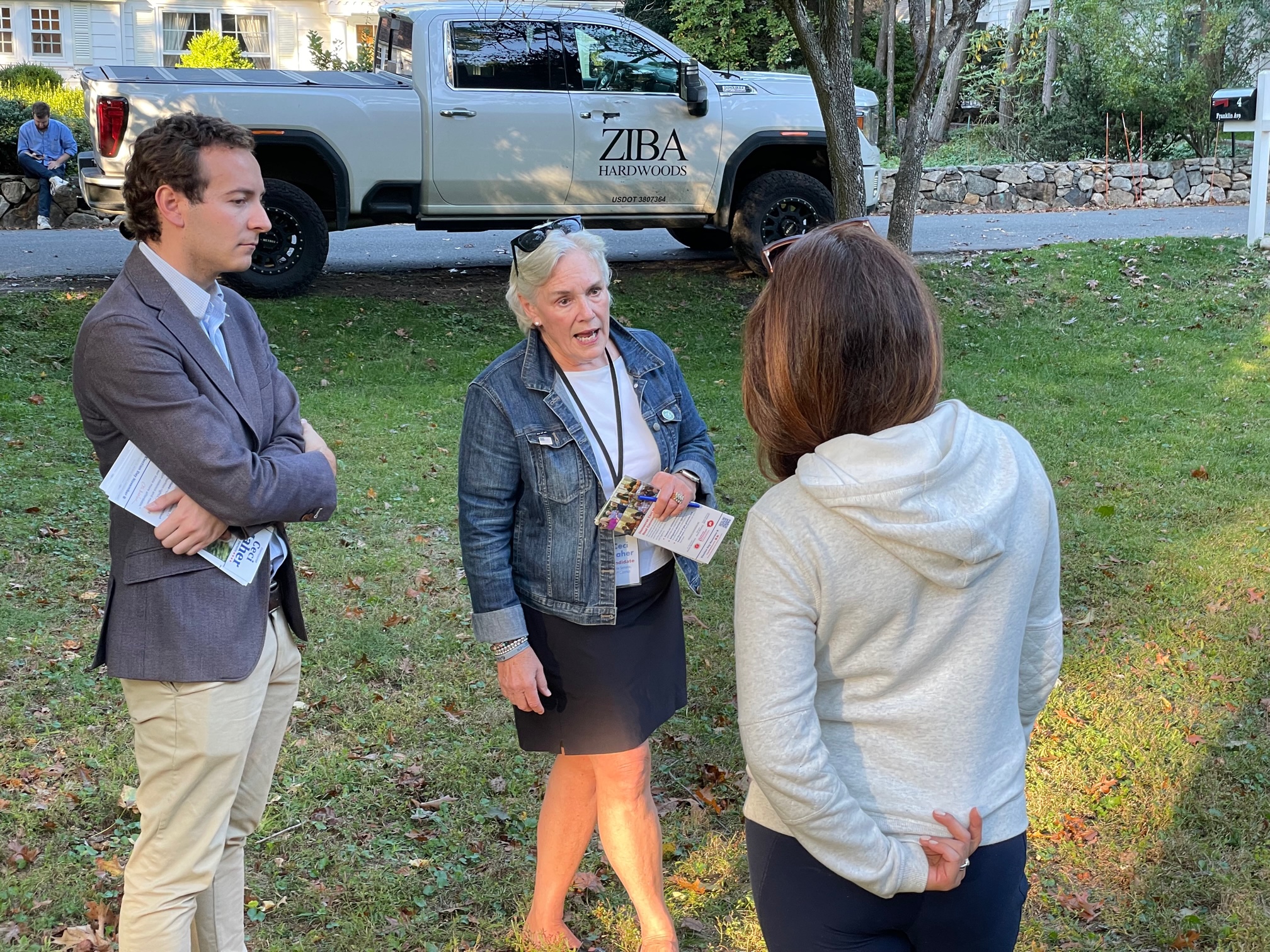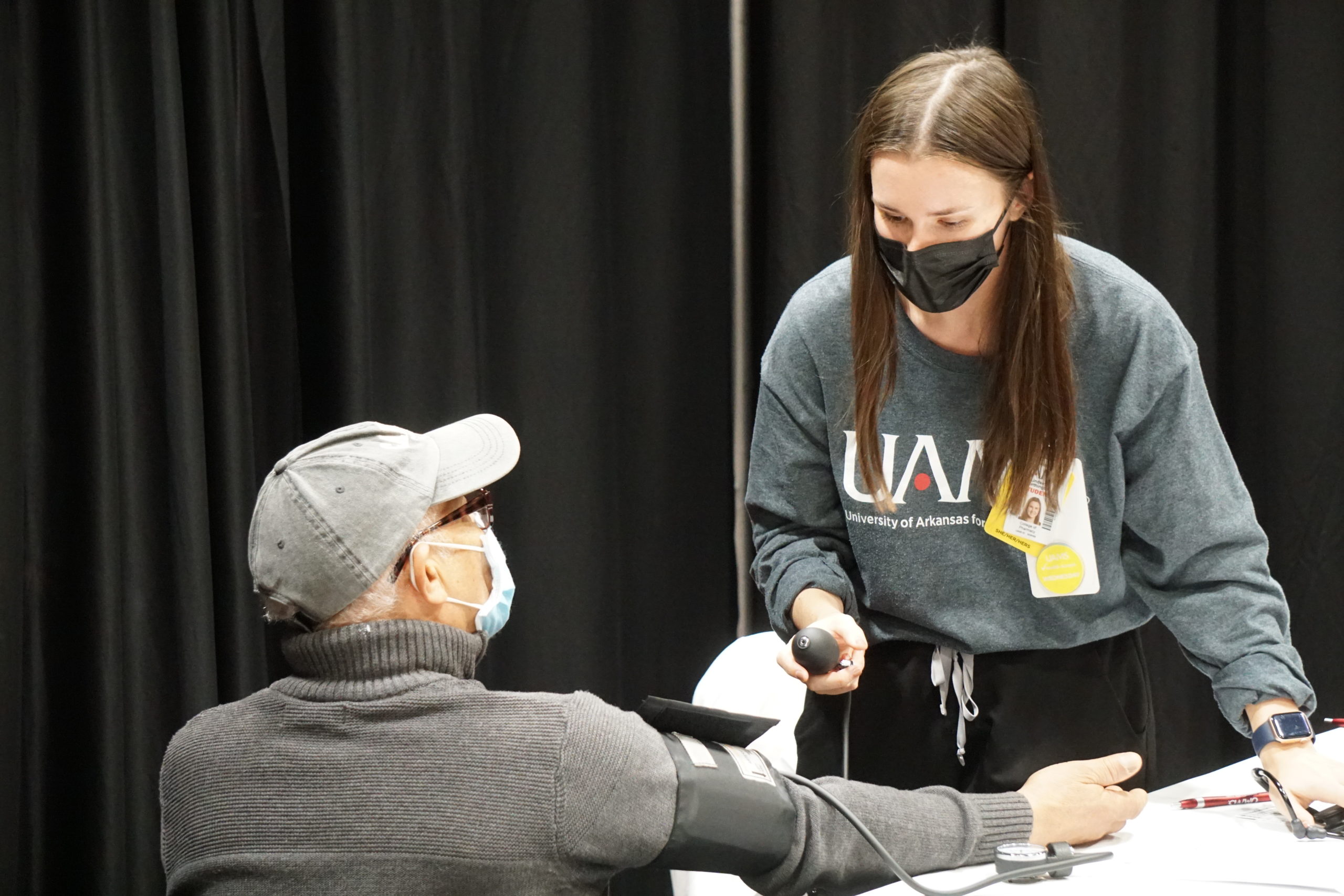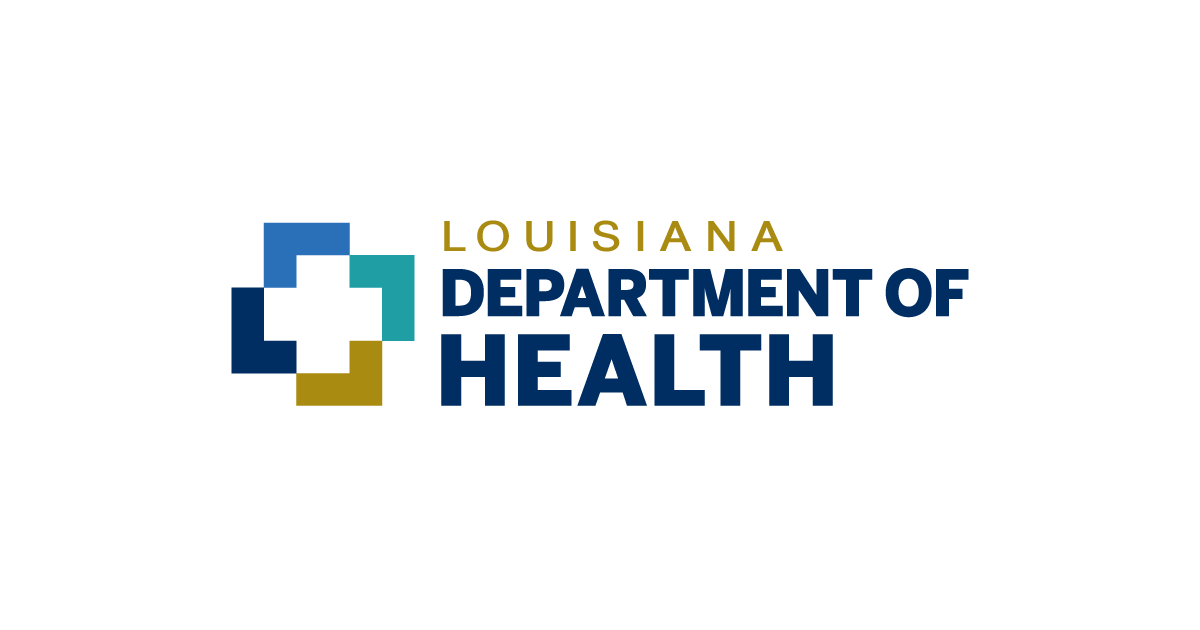[ad_1]
The Senate on Thursday passed one of the most notable bills from the Committee on Children this session — a wide-ranging proposal that deals with issues related to kids’ mental health, libraries and access to health insurance, among other measures.
Senate Bill 2, one of the Democratic caucus’ priorities this session, passed unanimously. Children’s Committee co-chair Sen. Ceci Maher, D-Wilton, amended it on the floor with adjustments to a couple of sections including a change to how the legislation protects libraries against book bans.
“The needs of behavioral health currently in our state are quite extreme, and therefore the need for this exists,” Maher said of a portion of the bill designed to help residents get behavioral health services.
The bill would create an Office of the Behavioral Health Advocate to help residents access mental health services, allow Medicaid reimbursement for suicide risk assessments, hire state employees to help enroll more kids in HUSKY, offer translation services for family service plans and establish statewide play-based learning for younger children.
Libraries that have a clear process to allow residents to challenge library materials are eligible for certain grants under the bill. This is a change from the initial language, which had proposed the creation of a “sanctuary public library,” or a library that lends books that have been banned in other contexts and doesn’t prohibit the availability of books or other library materials.
In several states around the country, libraries have faced weakened legal protections and challenges of certain books, many of them about LGBTQ or race issues. Maher said the adjustment was made after talking to library associations about the best way to protect them from book banning.
The bill would add an employee to the Department of Public Health to help smooth the licensing process for social workers in hopes of getting more into the community, Maher said.
It also extends public defender services for youths who are involved in the foster care system to young adults up to 23. Existing law ends those services at 18, according to the bill’s fiscal note.
Republicans put forward their own amendment that aimed to address financial concerns lawmakers expressed from the floor Thursday. That amendment did not pass.
“This would be unnecessary growth of government at the taxpayers’ expense,” said Children’s Committee ranking member Sen. Lisa Seminara, R-Avon, of one portion of the bill.
“These funds I believe could be better spent on services rather than hiring another employee,” Seminara said about another portion of the bill.
Senate President Pro Tempore Martin Looney, D-New Haven, said the measure builds on work started last session, when mental health was the defining issue of the legislative session. He also spoke to the need for more mental health care for children in Connecticut.
Nationwide studies have shown that more children are struggling with issues such as depression, anxiety and eating disorders.
“The crisis manifests itself in so many ways, and this bill is an effort this year, I think, to follow up on what we began last year,” Looney said.
Funding for certain mental health services have been a sticking point this session as lawmakers negotiate how to fund the growing need with spending control measures designed to improve the state’s fiscal position.
Much of the fiscal note attached to the amended Senate bill deals with funding for additional state employee positions.
The bill next goes to the House.
Staff writer Jessika Harkay contributed to this report.
[ad_2]
Source link









